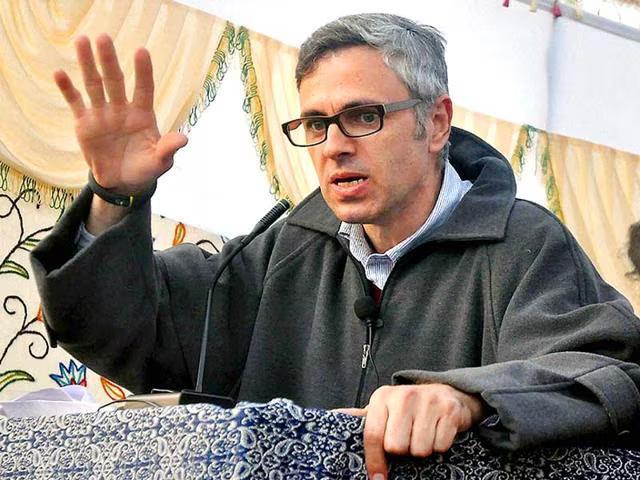
US Doesn’t Care About Any Other Country: J&K CM Omar After Trump-Pak Army Chief Lunch
The recent lunch hosted by US President Donald Trump to Pakistan’s Army Chief General Asim Munir has sparked a heated debate globally, with many questioning the timing and implications of the meeting. Amidst the controversy, Jammu and Kashmir Chief Minister (CM) Omar Abdullah has shared his thoughts on the matter, stating that the US doesn’t care about any other country. In this blog post, we will delve into the details of the meeting, the reactions it has garnered, and Omar Abdullah’s sharp response.
Background
Pakistan’s Army Chief General Asim Munir was hosted for lunch by US President Donald Trump at the White House on March 25. The meeting was seen as significant, considering the strained relations between the US and Pakistan over the latter’s alleged support for terrorism. The US has been critical of Pakistan’s inability to crack down on terrorist groups, particularly the Haqqani network and the Taliban, who have been responsible for numerous attacks in Afghanistan.
Reactions and Controversy
The meeting sparked a wave of controversy, with many questioning the timing and implications of the meeting. The US has been critical of Pakistan’s actions in Afghanistan, and the meeting was seen as a departure from the US’s previous stance. Critics argued that the meeting would embolden Pakistan and undermine the US’s efforts to combat terrorism in the region.
Omar Abdullah’s Response
Jammu and Kashmir CM Omar Abdullah reacted to the meeting, stating that the US doesn’t care about any other country. In an interview with a leading news agency, Abdullah said, “We can’t dictate to the US President whom he should invite for dinner. We used to think the US President was our close friend, and he’d respect that, but the US does what benefits them, they don’t care about any other country.”
Abdullah’s statement reflects the sentiment of many who feel that the US has been increasingly focused on its own interests, without considering the needs and concerns of other countries. His words also highlight the perceived lack of understanding and respect for the US’s actions, particularly in the context of the Kashmir dispute.
Context and Significance
The meeting between Trump and General Munir must be seen in the context of the ongoing tensions between the US and Pakistan. The US has been critical of Pakistan’s military operations in Afghanistan, and the country has been accused of providing safe haven to terrorist groups. The meeting was seen as a attempt by the US to engage with Pakistan and address its concerns, particularly in the context of the US’s withdrawal from Afghanistan.
However, the meeting has also been seen as a departure from the US’s previous stance, which has been critical of Pakistan’s actions. The timing of the meeting, just days after the US’s withdrawal from Afghanistan, has raised questions about the US’s priorities and its commitment to combating terrorism in the region.
Consequences and Implications
The meeting between Trump and General Munir has significant implications for the region. The US’s perceived shift in stance towards Pakistan has raised concerns about the country’s ability to crack down on terrorist groups. The meeting has also been seen as a boost to Pakistan’s narrative, which has long argued that the country is a victim of US aggression.
The meeting has also implications for India, which has been critical of Pakistan’s actions in Kashmir. The perceived lack of understanding and respect for India’s concerns has raised questions about the US’s commitment to regional stability and security.
Conclusion
The meeting between Trump and General Munir has sparked a heated debate globally, with many questioning the timing and implications of the meeting. Jammu and Kashmir CM Omar Abdullah’s sharp response highlights the perceived lack of understanding and respect for the US’s actions, particularly in the context of the Kashmir dispute. As the world continues to navigate the complexities of international relations, it is essential to consider the implications of such meetings and their impact on regional stability and security.
Source






